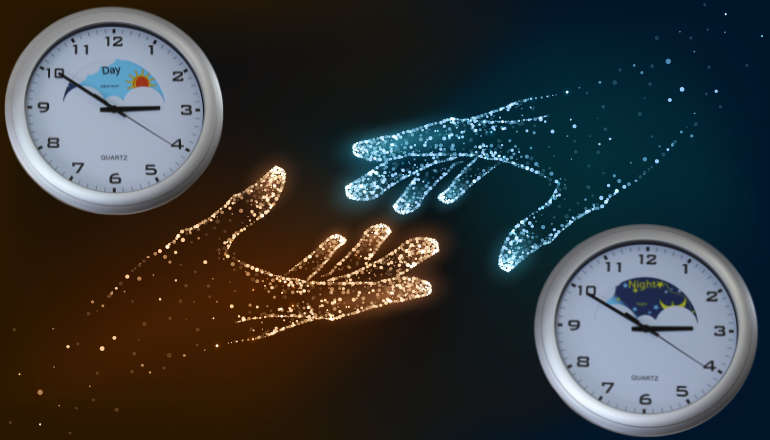
As the nights become longer, people across Hampshire and the Isle of Wight are preparing to set reminders to wind their clocks back on October 30 to reflect the change in season.
But for people with dementia across the county, where there are more than 22,380 estimated to be living with condition, the time change may cause more than just a surprise.
Alzheimer’s Society has advised that people with dementia can find themselves disorientated by the clocks moving back.
As winter mornings become darker, people with dementia may find it difficult to differentiate between 6am and 6pm disrupting their biological clock, making it hard for them to get enough sleep.
Some people with dementia might also experience something called ‘sundowning’ when the days get shorter.
Sundowning refers to a change in behaviour in the later afternoon or towards the end of the day. During this time, the person may become intensely distressed or confused.
Kelly Inwood, Alzheimer’s Society Area Manager for Hampshire and the Isle of Wight, said:
“For the majority of people, the annual daylight-saving clock change is simply met with a light-hearted shrug and a set reminder to identify all the clocks you own to wind back an hour.
“While it can be a minor nuisance for the majority of people, for those living with dementia it can trigger anxiety, confusion and irritability.”
Here are three top tips from Alzheimer’s Society to help people with dementia overcome challenges faced by the clock change:
- Doing regular activities at the same time each day – for example going for a walk after breakfast, can help a person with dementia make sense of the time.
- Going outside in the morning, can help set a person’s body clock, making them feel sleepier during the evening. If the person is unable to go outside, the same effect can be created by switching on a lamp or lightbox.
- Alzheimer’s Society’s online shop sells various ‘Day and Night’ clocks which have all the features of a traditional clock, but also include simple day and night visual symbols to help people with dementia distinguish the time of day.

 Man Arrested On Suspicion Of Rape Following Meeting With Underage Girl
Man Arrested On Suspicion Of Rape Following Meeting With Underage Girl
 Hovertravel Boss To Step Down After 15 Years At The Helm
Hovertravel Boss To Step Down After 15 Years At The Helm
 Owners Of Seaside Town 'Eyesore' Fail To Carry Out Works Despite £8,000 Fine
Owners Of Seaside Town 'Eyesore' Fail To Carry Out Works Despite £8,000 Fine
 Celebrating 35 Years Of Walk The Wight: Registration Opens For 2025
Celebrating 35 Years Of Walk The Wight: Registration Opens For 2025
 Emergency Services Called To Wightlink Ferry After 'Sudden Death' Of Man
Emergency Services Called To Wightlink Ferry After 'Sudden Death' Of Man
 New £6.7m Mental Health Facility To Open On Newport High Street
New £6.7m Mental Health Facility To Open On Newport High Street
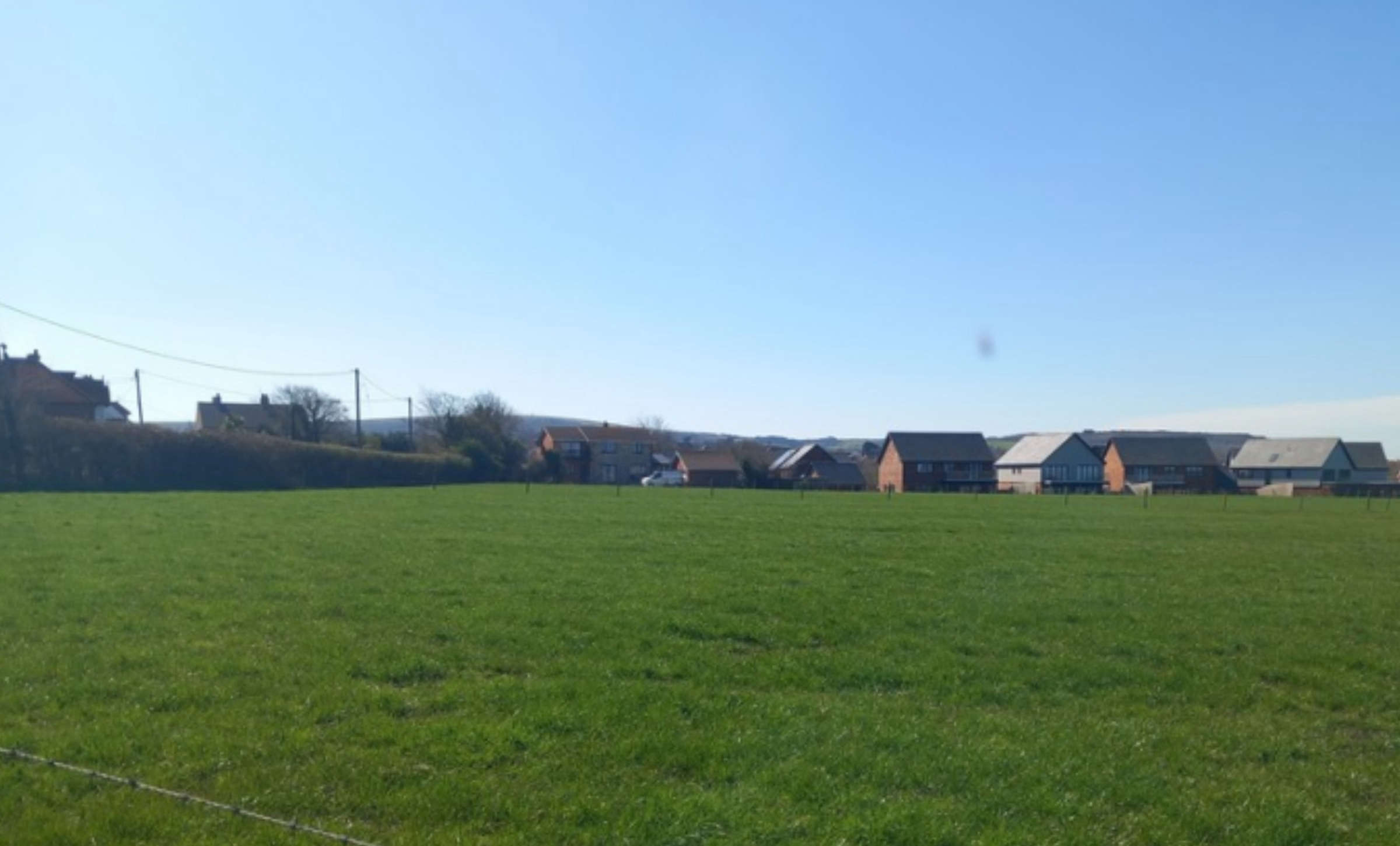 'Shocking, Misplaced And Reckless': Village Residents Hit Out At Housing Plan
'Shocking, Misplaced And Reckless': Village Residents Hit Out At Housing Plan
 Highest Number Of Police Officers For Hampshire And Isle Of Wight Constabulary In A Decade
Highest Number Of Police Officers For Hampshire And Isle Of Wight Constabulary In A Decade
 Emergency Services Called To Newport Petrol Station After Car Crashes Into Kiosk
Emergency Services Called To Newport Petrol Station After Car Crashes Into Kiosk
 "There's Likely To Be In Excess Of 200 Redundancies": Island Trade Unionists On School Plans
"There's Likely To Be In Excess Of 200 Redundancies": Island Trade Unionists On School Plans
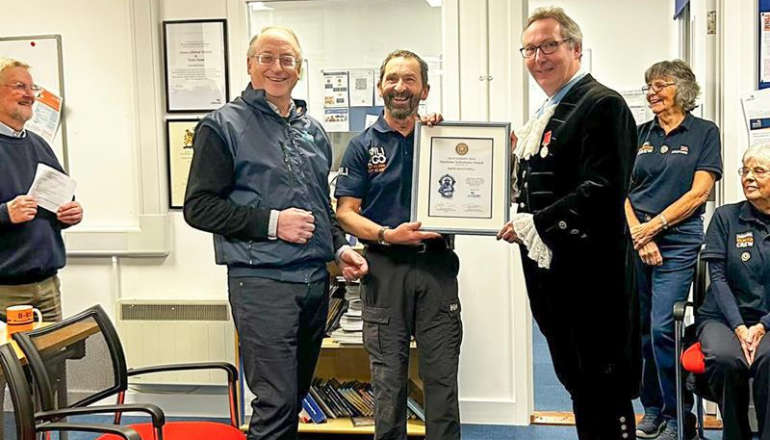 High Sheriff Presents Inaugural Maritime Volunteers Award To Cowes RNLI Station
High Sheriff Presents Inaugural Maritime Volunteers Award To Cowes RNLI Station
 Education Cabinet Member Faces Renewed Round Of Questions From Concerned Residents
Education Cabinet Member Faces Renewed Round Of Questions From Concerned Residents
 Man Jailed After burglaries Armed With Baseball Bat And Firearm
Man Jailed After burglaries Armed With Baseball Bat And Firearm
 Retailers Say Hampshire & Isle Of Wight Constabulary Is Best At Responding To Retail Crime
Retailers Say Hampshire & Isle Of Wight Constabulary Is Best At Responding To Retail Crime
 Full Council Opposes School Closure Plans In Blow To Cabinet
Full Council Opposes School Closure Plans In Blow To Cabinet
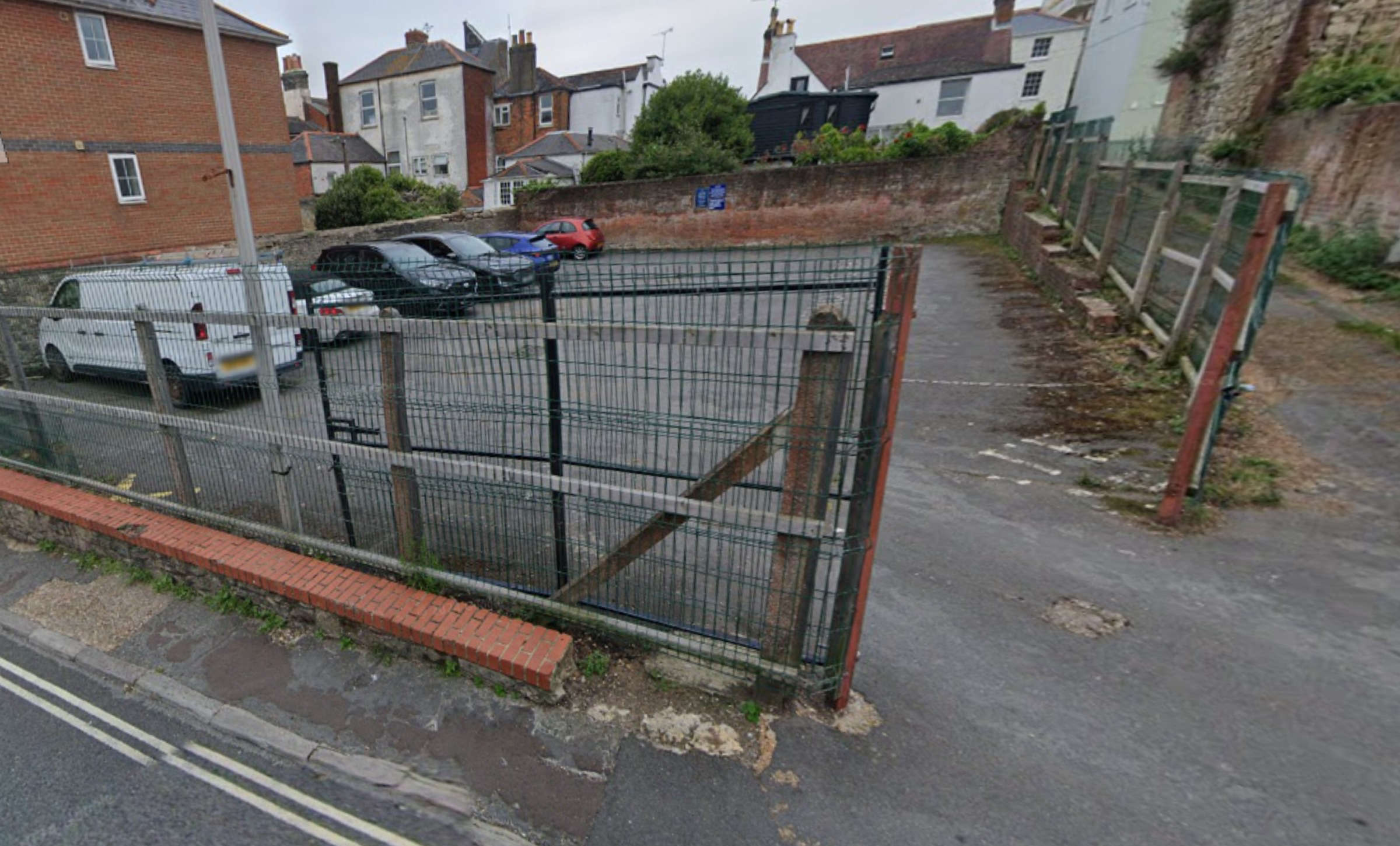 Eight Electric Vehicle Charging Bays Could Be Installed In Isle Of Wight Town Centre
Eight Electric Vehicle Charging Bays Could Be Installed In Isle Of Wight Town Centre
 New Drop-In Sessions Announced For Isle Of Wight Dementia Strategy Review
New Drop-In Sessions Announced For Isle Of Wight Dementia Strategy Review
 Plans To Enhance Luxury Freshwater Seafront Hotel Approved
Plans To Enhance Luxury Freshwater Seafront Hotel Approved
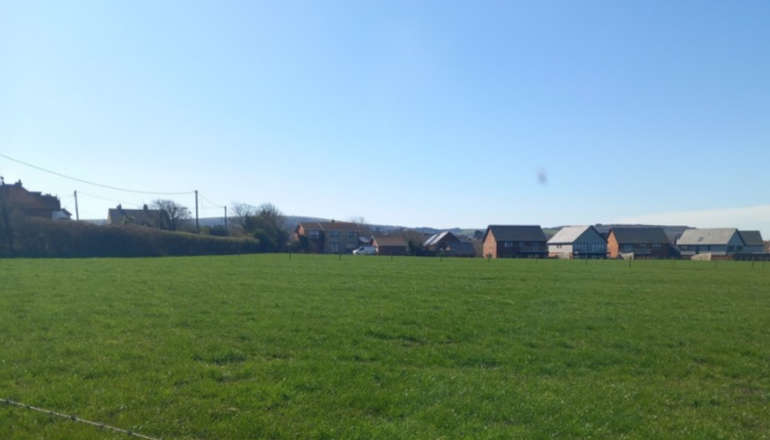 Thousands Of Pounds Of Investment Needed If Housing Development Goes
Thousands Of Pounds Of Investment Needed If Housing Development Goes


